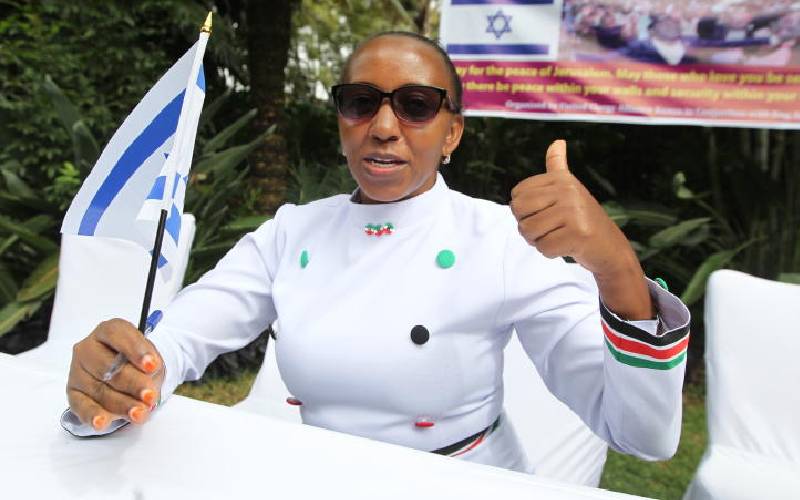×
The Standard e-Paper
Home To Bold Columnists

Pastor Tatu Chapel Hope Susan when she joined the Kenyan Clergy Alliance calling for diplomatic lasting negotiations to settle escalating violence between Israel and Palestine. [Jonah Onyango, Standard]
This week’s Amnesty International findings and conclusions that Israel is an apartheid State and has committed gross human rights violations comes days before President Kenyatta and 54 other Heads of States physically attend the African Union Summit this weekend.







